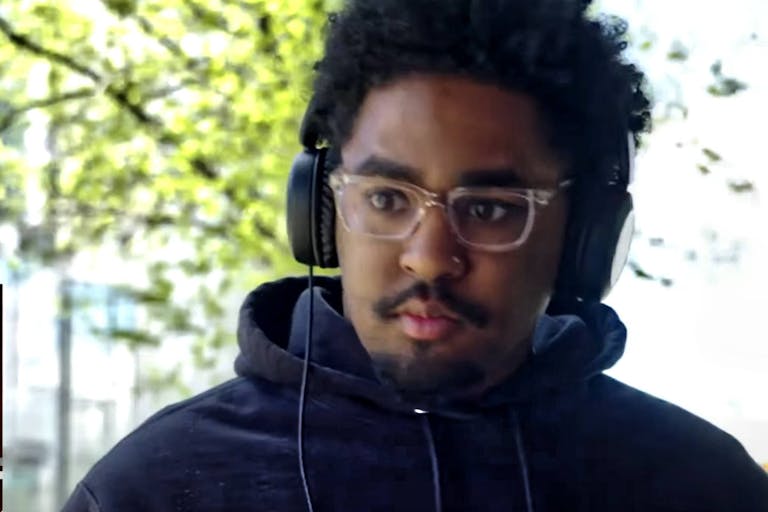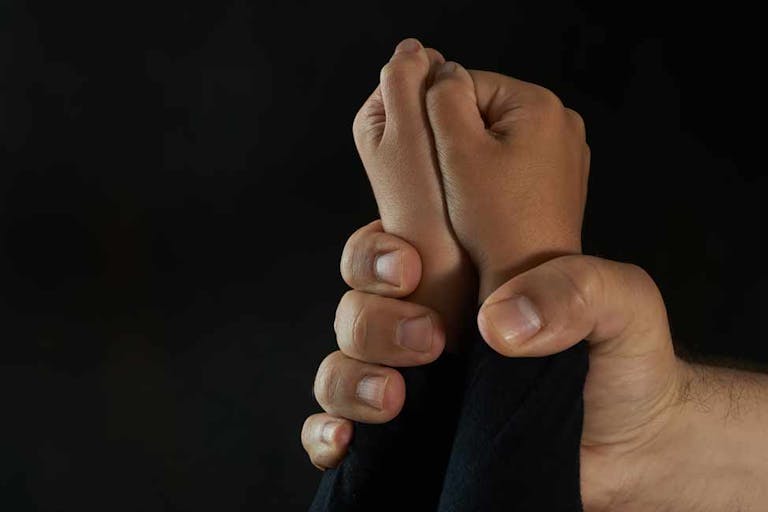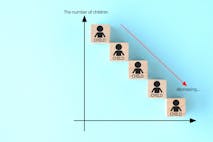
He hadn't seen an abortion before and was 'disturbed' by what he saw
Kelli Keane
·
New Zealand pauses overseas adoptions due to trafficking and exploitation
The New Zealand government is temporarily putting a stop to certain overseas adoptions, following evidence that some adopted children have been abused, trafficked, or exploited by adoptive families with documented track records of sexual abuse or violence.
The New Zealand government put a hold on certain overseas adoptions as it determines how to best prevent child trafficking.
The decision is a reaction to overseas courts failing to obtain criminal or child protection records for prospective adoptive parents in New Zealand.
The rule is temporary until a permanent solution can be found.
Under the urgently introduced Adoption Amendment Bill by Associate Justice Minister Nicole McKee, New Zealand’s citizenship and immigration processes will temporarily stop acknowledging certain overseas adoptions. Put simply, overseas adoption for immigration and citizenship purposes, at risk of being unsafe, would be suspended for the time being, the New Zealand Herald stated.
Declaring the change, McKee stated that overseas courts overseeing adoptions to a New Zealand family do not always obtain an adoptive parent’s criminal or child protection record.
An excerpt of the amendment bill reads:
In practice, adoptive parents with criminal convictions and histories of abusing and exploiting children and young people have been able to adopt children and young people overseas and bring them to live in New Zealand. In some cases, those children and young people have then been physically, psychologically, and sexually abused, neglected, and exploited for labour. The Bill makes urgent temporary changes to prevent children and young people from continuing to be exposed to this unacceptable risk of harm.
The halt will last until July 1, 2027, at the latest, with the government scheduled to put together a longer-term replacement regime before then, according to a report by The Bulletin.
Exemptions will be granted for adoptions from countries where McKee is “satisfied” that children are adequately safeguarded, with the government still acknowledging international surrogacy arrangements.
McKee revealed that the law change would be immediate but temporary until a long-term solution can be found:
“I recognise that the suspension will be disappointing for some families planning to adopt from overseas, most of whom are caring people who adopt with the best of intentions. Recognising this, the Government is taking steps to preserve adoption pathways where it has been able to establish that the arrangements for international adoptions are safe.
We are exempting countries where I am satisfied that adoption practices sufficiently safeguard children and young people. International surrogacy arrangements will continue to be recognised by the New Zealand Family Court and Ministerial discretion will be able to be exercised in individual cases for citizenship and immigration.”
Much of the abuse and exploitation has been enabled due to legal loopholes in Section 17 of the Adoption Act 1955, which paved the way for the recognition of adoptions from countries outside the Hague Convention system.
Gaps in the the Hague rules allow New Zealanders to adopt children via foreign courts or customary processes without the pre-adoption evaluation checks.
Additionally, flaws in the Crimes Act — such as the law’s definition of human trafficking that stipulates that to be considered trafficking, an act must have been conducted by coercive and/or deceptive means — have made prosecuting child-trafficking cases more challenging. According to Caritas, the Pacific-focused Catholic NGO, this definition falls short of global norms, as children can still be abused and exploited without being tricked or forced, the Bulletin reported.
Elaborating, the Bulletin described how some adoptive families may adopt “adult adoptees” due to existing legal gaps:
New Zealand law sets no upper age limit for recognising international adoptions; young adults aged 18–25 made up 65% of dependent-child residence applicants from one (redacted) country," according to a 2021 report. "The child category residence visa runs to age 24, creating incentives for non-genuine adoptions that piggyback on legal immigration routes.
As a 2021 intelligence report bluntly concluded, ‘there are likely to be very few situations where adoption at older ages (especially 20+) would be truly genuine’. Because these adoptees are over 18, they sit outside child-protection systems, making them in some respects even more vulnerable to labour exploitation, financial control and sexual abuse.
In one of the more recently publicized cases, an adopted girl received a visa to live with her new family in New Zealand, despite that family being investigated by police for human trafficking.
Social workers and other officials have discovered cases of children being “kept in domestic servitude, adoptive families taking wages from teenage children, and parents adopting as many as 10 children each,” 1 News reported.
McKee noted other instances of domestic abuse, as well:
“... Joseph Auga Matamata, who was sentenced to 11 years in 2020, had previous convictions for violence when he adopted three boys from overseas. He withdrew one boy, aged 12, from school, covering his tracks by saying that he had returned to his home country.
For a year, the boy was locked up and treated as a domestic servant. He was made to work in the field and often didn't receive necessary medical care. The other two boys escaped by scaling a tall perimeter fence in the middle of the night.”
McKee said the case is "the tip of the iceberg."
"It is completely unacceptable for our international adoption laws to be used in this way," said McKee. "This abuse is preventable, and this Government is acting decisively to prevent future harm to children adopted overseas into unsafe situations."
Live Action News is pro-life news and commentary from a pro-life perspective.
Contact editor@liveaction.org for questions, corrections, or if you are seeking permission to reprint any Live Action News content.
Guest Articles: To submit a guest article to Live Action News, email editor@liveaction.org with an attached Word document of 800-1000 words. Please also attach any photos relevant to your submission if applicable. If your submission is accepted for publication, you will be notified within three weeks. Guest articles are not compensated (see our Open License Agreement). Thank you for your interest in Live Action News!

Kelli Keane
·
International
Cassy Cooke
·
Guest Column
Right to Life UK
·
Issues
Nancy Flanders
·
Issues
Angeline Tan
·
International
Angeline Tan
·
Issues
Angeline Tan
·
Issues
Angeline Tan
·
International
Angeline Tan
·
International
Angeline Tan
·
Opinion
Angeline Tan
·